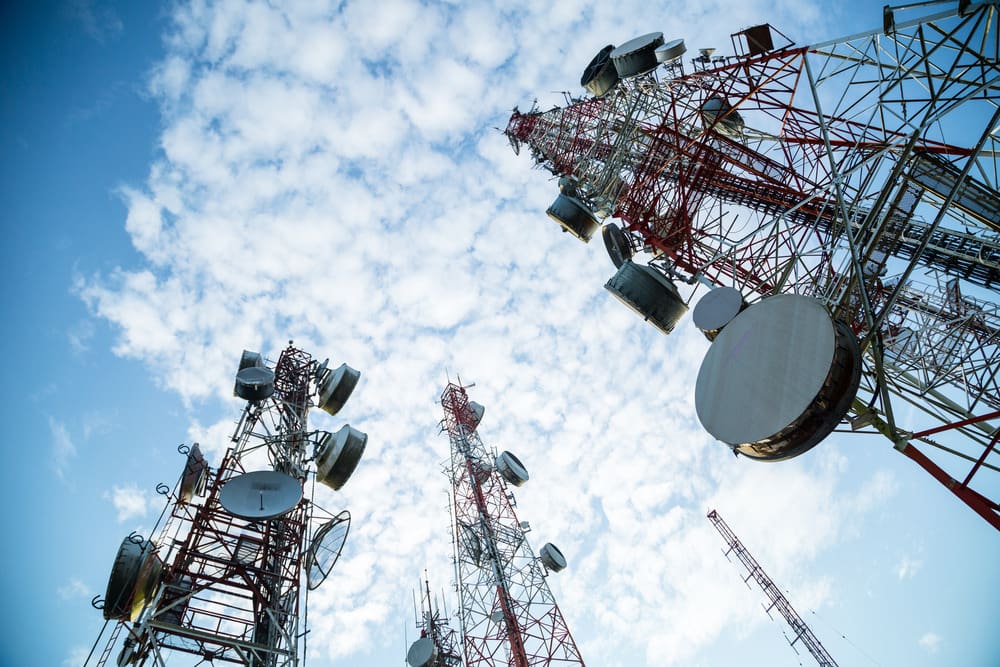The Telecommunications Industry in Kenya
Will the country remain the Silicon Savannah of Africa?
The biggest achievement in Kenya’s Telecommunications industry has been the mobile money application, M-Pesa, a solution that was initially meant for paying off loans and ended up disrupting the banking industry.
There is no doubt that M-PESA has become Africa’s most successful mobile money service and the region’s largest fintech platform. M-PESA has become a preferred way to make payments across the continent both for the banked and unbanked due to its safety and reach.
M-PESA is now a platform for more than 51 million customers across seven countries in Africa to send and receive money, top-up airtime, pay bills, receive salaries and much more. There are currently over 110 000 registered M-Pesa agents as compared to 840 bank branches countrywide, making in-roads in the rural areas where the banks have been slow to service.
Safaricom former CEO has once jested with the governor of the Kenyan national bank that he doesn’t need to print money any more, as M-Pesa is taking over.
M-Pesa has become the goose that lays the golden egg for its shareholders. Could it be that they then started prioritising profits over development, taking advantage of the demand and increasing the costs of data. If that is not the case, what is fuelling the cost of data in Kenya? According to the latest report by British technology research firm Cable In 2021, that Kenyans were paying twice as much for mobile internet compared to 2020 whilst their neighbour Somalia has managed to keep the costs low.
This has consequently led to Kenya, referred to as ‘Silicon Savannah’ due to its tech savvy population and vibrant innovation culture, being pushed from position 41 last year to 118 this year in global ranking.
There was in fact also a sharp increase in demand for other internet services due to the pandemic, which has driven the migration to online learning, teleworking, ecommerce and video streaming. To meet the surge in demand for internet services, the Kenyan government authorised an increase of 29.6% in bandwidth capacity, boosting it to 8.1 million Mbps in 2020.
Like many African countries, the majority of Kenya’s schools are situated in remote areas and power access is still limited. There are reports stating that Kenya is currently implementing solar power plants in these locations to improve access and deliver services to these underserved areas.
As indicated in the latest WOW report on The Telecommunications Industry in Kenya, the country is rolling out fibre infrastructure countrywide to connect rural areas and link neighbouring countries; it has spent 15 billion KES so that schools can teach four subjects online. The funds are used to build computer labs, roll-out fibre optic cables, train teachers in digital learning and connect remote areas to the Internet.
This will be further enhanced by the roll–out of 5G trials by Kenya which were launched in March 2021, making them the second African to do so, after South Africa.
Kenyan learners can thank the Covid-19 pandemic for forcing the government to fast track online learning which led to investments in solar energy, internet connectivity, enabling children to learn how to use computers and the internet, therefore acquiring digital skills, like their counterparts in private schools.
The other important achievement in Kenya was their migration from analogue to digital broadcasting ahead of the global deadline of 17th June 2015 enabling Kenyans to now be able to receive clearer signal and a wider selection of channels. Broadcasters have seen a reduction in operational costs, by adding new channels and consequently advertising revenue. Unfortunately, the poorer communities lost out on free channels which are now integrated into the digital platform meaning that the consumers will now be paying for such content.
With the internet having become a day to day reality for a growing number of people worldwide with billions connected and trillions of dollars exchanging hands through e-commerce, Kenya is making all the right moves in rolling out infrastructure, connecting more people including the rural areas and educating its youth to take advantage of technology; the country will certainly see positive growth and development in the near future.
Contact us to access WOW's quality research on African industries and business
Contact UsRelated Articles
BlogCountries Information and communicationSouth Africa
The AI Revolution in South Africa: Navigating the Unstoppable Tech Wave
Contents [hide] Tech trends in South Africa, like all over the world, are dominated by artificial intelligence (AI). As usual, initial reactions to new technology are often optimistic. The revolutionary...
BlogCountries Information and communicationSouth Africa
The Impact of streaming on music industry earnings in South Africa
Contents [hide] Historical evolution of the music industry From the revered gramophone, which was the first instrument capable of reproducing music and storing it on a flat disk, invented by...
BlogCountries Information and communicationSouth Africa
Telecommunications: a catalyst in African economic development
Contents [hide] The role of telecommunications in driving economic development Telecommunications serves as a backbone of modern economies and underpins various industries that are essential for economic activities, from financial...





